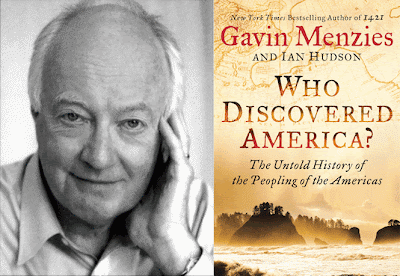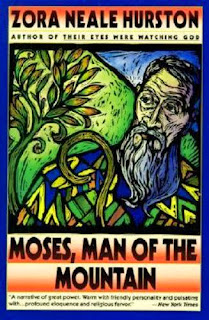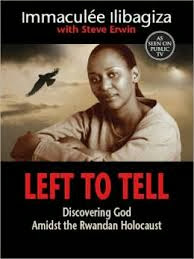Greatly expanding on his blockbuster 1421, historian Gavin Menzies uncovers the complete untold history of how mankind came to the Americas — offering new revelations and a radical rethinking of the accepted historical record in Who Discovered America? This book calls into question our understanding of how the American continents were settled, shedding new light on the well-known “discoveries” of European explorers, including Christopher Columbus. Menzies combines meticulous research and an adventurer’s spirit to reveal astounding new evidence of an ancient Asian seagoing tradition — most notably the Chinese — that dates as far back as 130,000 years ago. He offers a revolutionary new alternative to the “Beringia” theory of how humans crossed a land bridge connecting Asia and North America during the last Ice Age, and provides a wealth of staggering claims, that hold fascinating and astonishing implications for the history of mankind.The Fossil Girl: Mary Anning's Dinosaur Discovery ~ by Catherine Brighton, 1999, children's (England), 8/10
It's 1811. Ten-year-old Mary Anning, her brother Joe, and their widowed mother are eking out a meager existence running a little fossil shop in the seaside town of Lyme Regis. After a storm wipes out most of the shop’s merchandise, Mary and Joe begin the slow work of restocking the shelves. They search high and low for fossils, and one day Mary spots a huge eye in a cliff face high above the town. She resolves to bring the creature down — no matter what the risk. The exciting discovery and recovery of the first complete fossil of an Ichthyosaurus is told in an attractive graphic novel format, perfect for reluctant readers. For ages 5 to 9.I'm frustrated with this book because it let's her brother be the one who finds the fossil, not Mary.
Stone Girl, Bone Girl: The Story of Mary Anning ~ by Laurence Anholt, illustrated by Sheila Moxley, 1998, children's (England), 7/10
Mary Anning made an astounding discovery at age 12 when she unearthed the first full skeleton of a giant ichthyosaur in the cliffs above her home in Lyme Regis. This incident — in which she was helped by a little dog she rescued from a cemetery — was the beginning of a long career that saw Mary become the world’s best-known fossil hunter. For ages 5 to 8.These are about a real person. Mary Anning, born in England in 1799, discovered the full skeleton of an ichthyosaur in the cliffs above her home when she was only 12, a discovery that made her one of the most famous fossil-hunters of her day.
Library Loot is a weekly event co-hosted by Claire @ The Captive Reader and Marg @ The Adventures of an Intrepid Reader that encourages us to share titles of books we’ve checked out of the library. Add your link any time during the week, and see what others got this week.














































